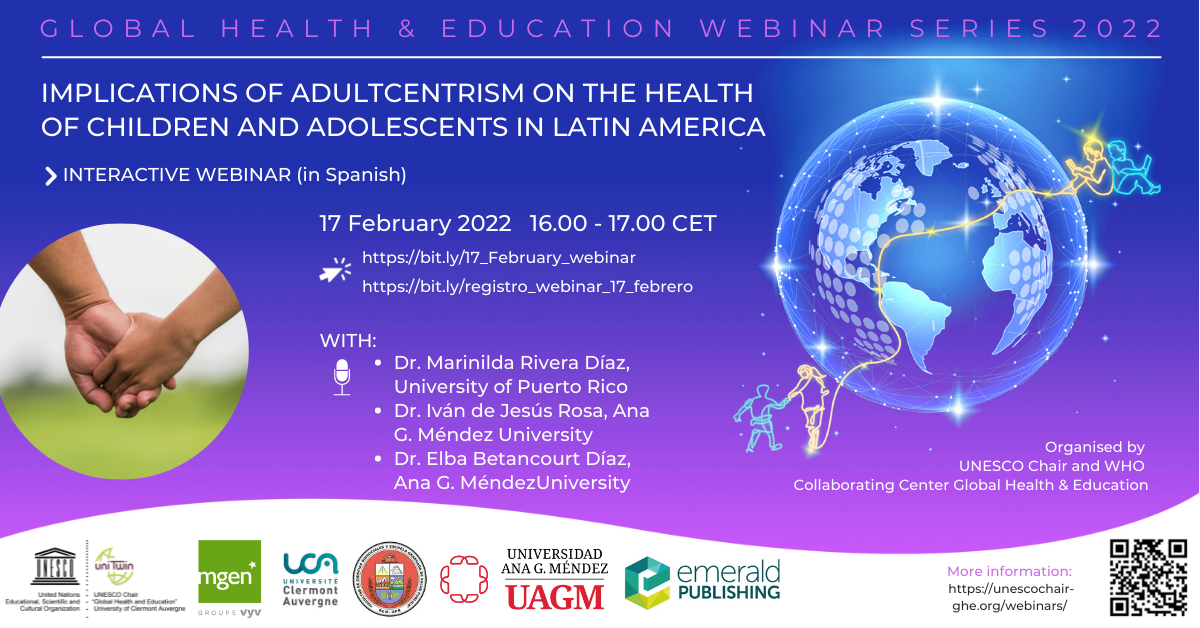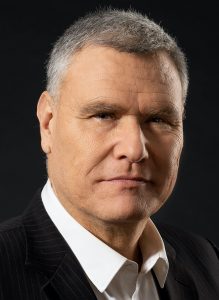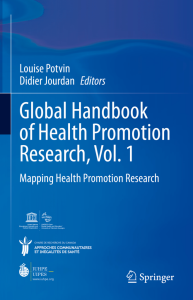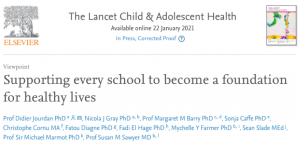On 17 February 2022, 16.00 – 17.00 CEST / 11.00 – 12.00 AST, the UNESCO Chair and WHO Collaborating Center Global Health & Education, the University of Puerto Rico, and the Ana G. Méndez University will organise the webinar: Implications of adultcentrism on the health of children and adolescents in Latin America. The webinar will be held in Spanish.
This webinar aims to explore the implications of adultcentrism on the overall health of children and adolescents in Latin America. To this end, a conceptual definition of adultcentrism will be presented, focusing on its ideological, economic and political dimensions, explaining its effect on child and adolescent health. Various regional examples of how the health of children and adolescents is undermined as a result of adult centred views will be presented. Then, the speakers will present how the framework of child and youth citizenship can help us to overcome the impact of adultcentrism on health. Finally, they will point out specific contributions aimed at renewing the framework of health promotion with this age group.
The speakers are:
- Dr. Iván De Jesús Rosa, Lecturer in Social Work, Ana G. Méndez University, Puerto Rico
- Dr. Elba Betancourt Díaz, Lecturer in Social Work, Ana G. Méndez University, Puerto Rico
The moderator is:
- Dr.Marinilda Rivera Díaz, Puerto Rico. Coordinator of the Doctoral Programme in Social Determinants of Health at the Graduate School of Public Health, Department of Social Sciences, Medical Sciences Campus, University of Puerto Rico.
The speakers will explore the following questions:
- What are the implications of adultcentrism for the health of children and adolescents in Latin America?
- How can the framework of child and youth citizenship help us to overcome the impact of adultcentrism on health?
- How does our work contribute to the renewal of the health promotion (research) framework? What are the priorities in the field of health promotion?
Zoom registration link. Registration is free of charge. The link to the webinar will be sent to you after registration.This webinar will also be streamed live on our YouTube channel










 About Didier Jourdan
About Didier Jourdan
